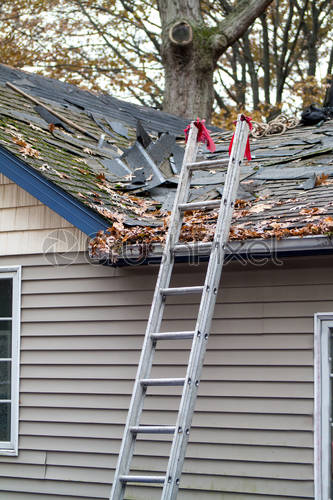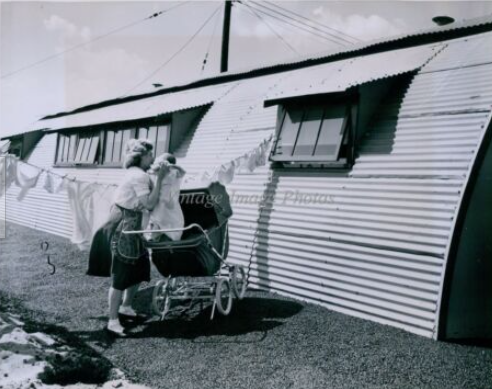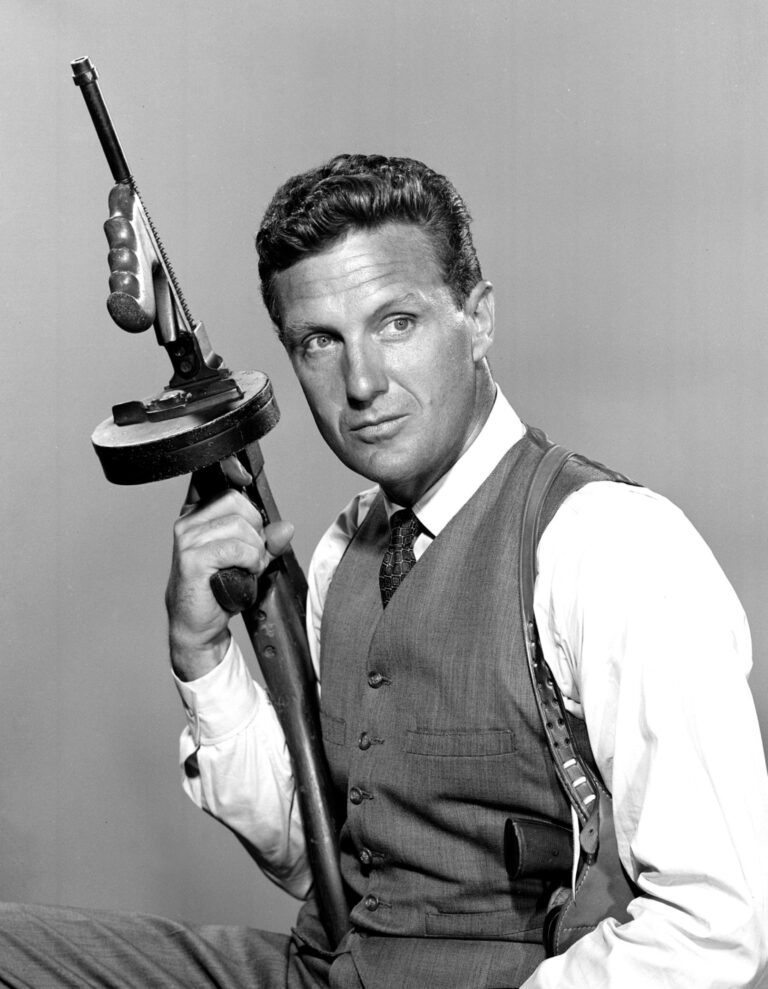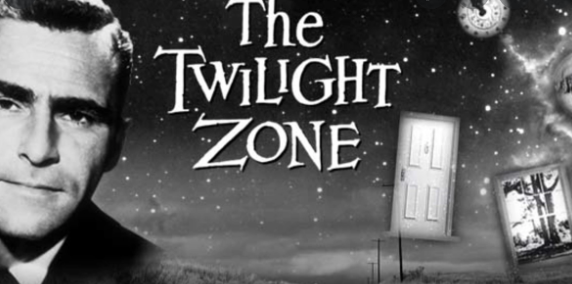Intensive Care
I was trying to write a book about sleep and the issues I have had with it all my life. I was going to make it about scientific studies and all that. I even got all wired up with stuff and took part in a sleep study. This is as far as I got with that book idea.
. . . . . . . . . .
Copyright © 2024 William McKeen
I know I’m in trouble when I wake up in the Intensive Care Unit. “Mr. McKeen?” Ten seconds elapse. “Mr. McKeen?” Ten more seconds. “Mr. McKeen, are you OK?” I slowly open my eyes and see a nurse leaning over me, brow knitted with concern.
Still groggy, I ask, “Where am I?”
“Intensive Care,” the nurse says. “We were worried about you.”
Groggy, yes, but not brain dead. I’d gone under the knife to fix a fractured ankle. Since when is that surgery life-threatening?
Nicole is there, with the resolute calm of the long-suffering wife.

“It was your breathing,” she says. “Dr. Maxey said you stopped breathing a couple of times.”
As if her name is a cue, my doctor leans over the bed now, the surgical mask hanging loose like a too-large necklace of fabric.
“Yeah, you had us scared,” she says. “I was afraid I might lose you.”
I have expended nearly all my energy and I’m ready to return to sleep. Never, in a life plagued by insomnia, has the need for sleep been stronger.
“That’s just the way I breathe,” I say, dismissively. “Tell her, Nicole.”
“He’s the noisiest breather,” she tells them. “When we watch television, I can hear him across the room. He snores so loud, it’d wake the dead.”
“Mr. McKeen? Mr. McKeen?” The nurse again. “You have to stay awake; you can’t go to sleep.”
“I’m OK. I just breathe funny.”
“We can’t let you sleep,” she says.

Maybe she’d been Nurse Ratched in the community theater production of One Flew Over the Cuckoo’s Nest.
My father was a surgeon and he always corrected anyone who said they were having “routine surgery.” Nothing was ever routine about surgery, he said, because anytime you introduced anesthetic into the body, you were risking your life. He’d been dead for 30 years, but I never had trouble remembering his pronouncements.
But come on – a broken ankle? Why should that be life-threatening? It’s not like that doctor down in Tampa who amputated the wrong leg. This was just a dumb accident.
And it was dumb. I was up on the roof, sweeping off leaves. It was the day before Christmas and we were hosting the dinner. We had a house full of relatives and just wanted the place to look a little spiffier for the holiday.
Then I slipped while stepping off the extension ladder, and I knew it was bad, even before I hit the ground. (I hit six inches away from the barbecue grill. If I’d hit my head, life as I knew it would have ended, even if I lived.)

I lay there, knowing immediately it was a serious break.
Nicole’s father thought I should try to stand up.
“Bad idea,” I said.
My mother was hysterical.
Nicole was laughing, her usual and involuntary reaction to someone getting hurt.
Luckily, Nicole’s mother — a nurse — was on top of things. Ambulance to the emergency room, X-rays and casts, home and heavily drugged for Christmas Eve. I had visions of sugar plums, but rabid weasels rode the sugar plums in a massive offensive against the Blue Meanies. The kids refer to that as Daddy’s out-of-his-mind Christmas.
Eventually, I’d have three surgeries and – Nicole would argue – a personality shift. Yet, indomitable, good-natured optimist that I’ve always tried to be, I came to see the accident as a blessing in disguise. I was a year deep in my research for Outlaw Journalist, a biography of Hunter S. Thompson. As his legion of broken-hearted friends and loyal readers looked for a reason why he had killed himself, I knew a large part of it had to do with dependence and helplessness. He was in a wheelchair near the end, and now, so was I. I knew it was short-term for me. For him, it was a life sentence. But I understood.
Again Nurse Ratched stands over me. Every time I start to drift off, she cracks her verbal whip.
“Mr. McKeen? Mr. McKeen? Mr. McKeen?”
It’s like being trapped in a loop from the Beatles’ White Album:
“Number 9? Number 9? Number 9?”
She is evil, despite the Garfield scrubs she wears. Satan, I tell you, Satan.
For once in my life, the desire to sleep is powerful, stronger than anything I’ve ever felt. Why won’t she let me sleep?
. . . . . . . . .
This all started in childhood. Even as a little boy, I was usually the last in the house to go to sleep. Thursdays were especially hard, for some reason. Because of the tension inherent in sharing a room with my big brother — he was 13 and I was seven — I was moved to a large storeroom by my frustrated parents.
The statute of limitations is up by about five decades, so it’s too late to call children’s services. Sounds bad, I know — making your youngest child live in a storeroom. But you need to understand that my father was in the United States Air Force, and our house — our “quarters” — were always far from luxurious.

The first home I remember was in England, three Quonset huts connected by a plywood hallway. There were spots where the wall and ceiling of the hallway didn’t quite meet. Hence my chilly British years were spent in a fog of Vicks Vaporub. Housing was better in Germany, but the American Dream of every kid in his or her own bedroom was well nigh impossible. So I bunked with my big brother, who was not pleased to have the kid he called Buttsmell in the bed across the room. Insert fighting, arguing and Chuck’s teen-age angst here.
So I felt that I had arrived when I got my own room, even if it was just a large storage closet. It was the only way my parents saw to end the testosterone stalemate of their two sons.
We were in Nebraska then, and my father was the favorite physician of Thomas Power, the general who oversaw all of the Strategic Air Command. General Power even arranged for all of us to visit the underground of lore, where America would deal with a nuclear attack, when it came. When. Not if.
Dark days, those, especially for a kid.
So the windowless storeroom as my bedroom wasn’t as bad as it sounded. It was my personal bunker. It was eight by eight, but had no closet. I had to keep my clothes in a dresser and on a couple of shelves in the linen closet. But to compensate for this, my parents moved something special into my little room — a black-and-white Westinghouse the approximate size of a Chrysler New Yorker. Between the massive mahogany TV cabinet and my bed, there wasn’t room for anything else.
No one had a television in their bedroom then . . . no one. There was a big Philco in the family room and that had displaced this gigantic Westinghouse with the horizontal-hold problem.
But I didn’t care. Finally, the little kid in the family was the envy of his big brother and sister. I had something they didn’t have.

Thursdays, I’d watch “The Untouchables” on this massive television, then lie in my bunk, wondering. Nothing about the program frightened me, but that’s when I first remember having trouble sleeping.
I’d lie in bed, listening to the house shut down, hearing the toenails on the dogs’ paws circling, as they gingerly approached their separate corners in the kitchen. My sister slept with her door closed. My brother stayed up late reading the German philosophers, but the shadows finally vanished when he turned off his light. My mother was in bed early, and when I could hear my father’s snoring from down the hall, I knew it was all over, and that I was the only thing awake in my house.
Nothing helped me sleep. I’d creep downstairs for a glass of milk. The dogs gave me the dirty eye for waking them up, but wagged their tails to cover up their anger. I’d sit at the dinette and try to read a Hardy Boys book.
Sometimes I’d just look out the window, watching the lights winking on the runway a half-mile from our home.
I’d shuffle from room to room, watching everyone sleep, wondering why I carried this curse.
I have no idea why this happened on Thursdays. Perhaps, after a few coincident Thursdays, my subconscious made it happen.
My subconscious is a cruel bastard. All of my life, I’ve tried to avoid looking at the clock if I wake in the middle of the night. If I see the time, my evil subconscious begins unwittingly counting the minutes until I have to get up, and that also keeps me from sleep.
And I don’t think it had anything to do with “The Untouchables.” The good guys were in charge there and I could reason myself into not being scared of the bad guys. They were gangsters, interested in bootlegging, blonde women and machine guns. A seven year old kid, not so much.

There was the overriding Nuclear Fear, of course. Even though I was a stressed-out seven-year-old, feeling that I was one button-push away from instant annihilation, I don’t think that it was the Cold War that kept me from sleeping. Seeing those winking lights from the B-52’s on the flight line was the tangible reminder that the world was on the brink of war. But to an Air Force kid, those lights and the screaming F-104s lacing the sky were oddly comforting.
Friday nights, “The Twilight Zone” came on. You’d think that would make me lie awake in fear. But as frightening as those shows were to the younger me, I rid myself of fear by going outside — usually around 10, as soon as the show went off — and running barefoot down the street. I was easily convinced that I could outrun any evil that Rod Serling brought my way.
Then I’d go home and get a good night’s sleep.
As a child, my sleepless nights were confined to Thursdays. In a few years, that would change. By the time I was an adult, I was a full-fledged insomniac.
As my family grew (I’m the father of seven), I found my life coming full circle, as I again shuffled room to room watching my family sleep.
. . . . . . . . .
All of my life, as I struggled to find a good night’s sleep, I found myself surrounded by people who were artists of slumber. I had college roommates who slept through both sides of the Superfly soundtrack blasting at 12 decibels.
I got through my first marriage without many complaints about any nocturnal choking and gasping. My first wife seemed to sleep even later than me and took perverse pleasure in waking me by banging pots and pans together — which is how she also woke the children in the years after our divorce.
Of my seven children, it was the daughters, mostly, who could sleep through an assault by the 12th Armored Division. During their visits to my house, I’d be eager to go out for a day of father-and-child fun, and spend a lot of time rocking on my heels in the hallway, waiting for them to awaken.
A few girlfriends into my midlife bachelorhood, I’d occasionally wake up after a restless night and find My Beloved on the couch.
“Too much racket,” she said. “You were rattling the rafters.”
OK, everybody has a bad night of snoring now and then, I figured.

A couple of girlfriends later, My New Beloved said she found my noises oddly comforting, because I sounded like the asthmatic pugs she used to sleep with in her room at her parents’ house.
But the second marriage was another story. We’d been married only a couple of months when my sleep became an issue.
It happened when my little spaniel, Spooner, died. I let him out in the morning and when I went to let him in from the yard an hour later, he was dead on the back deck.
My new daughter — part of the package deal of the second marriage — was out of control. She was only four then, and I don’t think she’d ever had to deal with a death.
I buried Old Spoon by the back fence, then canceled the plans for the day, and stayed home to mourn with Nicole and Savannah.
The next morning, Nicole rose before me, perhaps the only time in our marriage this happened. I usually wake at 5 and can’t get back to sleep. I need to bring her coffee in bed to get her to lift an eyelid.
But this day, she got up, made coffee, and was sitting in the living room by herself, examining the newspaper.
Suddenly, she heard a low, rumbling growl. It was terrifying, she said — a horrifying, guttural, bowel-rumbling sound. She had no idea what it was or where it was coming from.
She went to the kitchen door and looked out, thinking, My God – what if Spooner wasn’t dead when Bill buried him? She was off on a Stephen King / Cujo fantasy. Maybe he’s coming back, and he’s pissed.
But there was no crusty, dirt-covered spaniel at the back door.
She looked around the house, warily checking out the closets and dark rooms of our new still-mysterious home, broom in hand as a weapon.
Finally, she found the source of the sickening sound upstairs, in our bedroom.
It was, of course, her husband. I lay in bed, gasping and choking for breath.
To me, it was a normal night of rotten sleep. To her, it was the call of a crazed, demonic beast.
. . . . . . . . . .
Helpless in Intensive Care, I curse Nurse Ratched under my breath but Nicole, sitting bedside, whispers, “She’s just doing her job.” To me, of course, the nurse is an evil shrew. I’ve never been so prepared for sleep as I am now.
Doesn’t she have any other patients, I think. It’s as if she knows precisely the moment when I slip under that comforting gate of sleep.
Eventually, after enough time elapses to render War and Peace in American Sign Language, Dr. Maxey comes back, chipper as always.
“I think we’re OK now,” she says. “We’ll move you out of here. But we’re going to keep watching you.”
“Great,” I say, already beginning to nod off.
“Has anyone ever . . . has your regular doctor ever talked to you about your sleeping?”
“No. I’m usually conscious during our exams.”

Ever the smart ass. But Dr. Maxey smiles.
“I think you may have a sleep disorder,” she says. “It’s not my specialty, but I really think you need to be checked out. I’ve never seen anything like this, but we read a lot about this stuff in med school.”
“Really?”
“It could be serious. This could have a profound effect on your health.”
I’d often gone to work groggy. I’ve never told anyone, but when I’d do my 15-hour-straight drives, I’d slip off into a moment of stolen sleep, nearly killing myself. How many times had the shoulder of the road wakened me? At meetings, I’d find myself stealing a narcoleptic moment while my boss rambled. My loss of sleep had profoundly affected my life. I heard when I was a boy that the average person, at the end of their life, would have spent 20 years sleeping. Not me, I figured. I figured I was on the trajectory for five, if that.
“Will you get it looked at?” Dr. Maxey asks. “For your family, if not for yourself.”
“Sure thing,” I say.
Nurse Ratched rolls me down to a room where I’ll spend the night, still under observation.
So my lifetime of insomnia – maybe it isn’t just an annoyance, the side effect of a too-active imagination. Maybe, here in my fifties, maybe there is something wrong with me.
Nurse Ratched leaves me in the room and after a few minutes, Nicole leaves to go relieve the babysitter and get home with our children.
“You get some rest,” she says, kissing my forehead. Then she is gone.
And then I am alone and, as always, unable to sleep.
